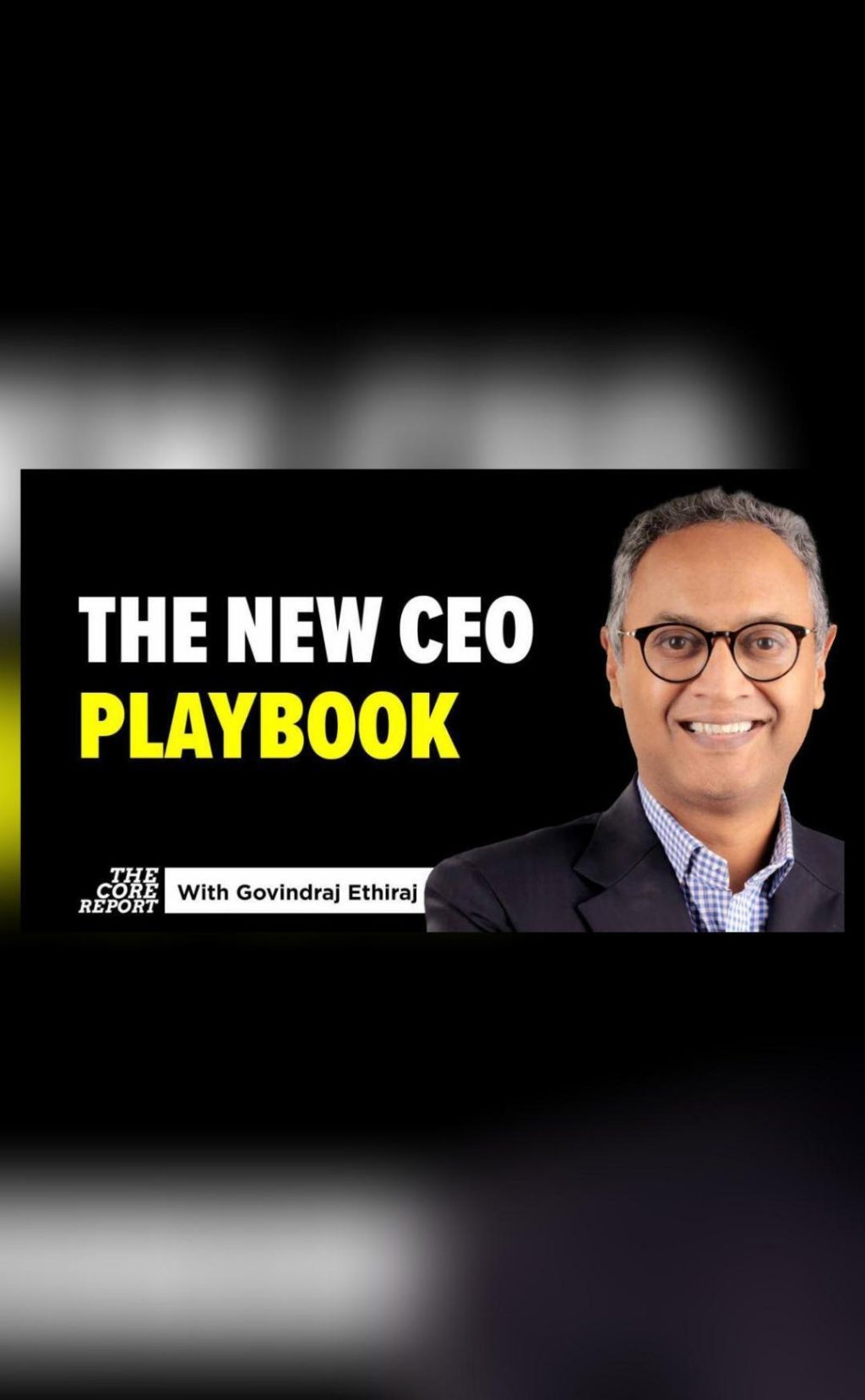
The New CEO Playbook: AI Pressures & Global Tariff Shocks
As the world becomes increasingly interconnected, business leaders are facing unprecedented challenges. The rapid advancement of Artificial Intelligence (AI) is reshaping industries, while shifting trade policies and global tariff shocks are disrupting trade. In this new landscape, CEOs must rethink their strategy and operations to stay ahead of the curve.
In this article, we’ll explore the key pressures and shocks that CEOs are facing, and provide insights on how they can adapt and thrive in this rapidly changing environment.
Internal Pressures to Automate and Innovate
One of the primary pressures facing CEOs is the need to automate and innovate within their own organizations. As AI becomes increasingly sophisticated, companies are under pressure to leverage its capabilities to improve efficiency, reduce costs, and drive innovation. This requires significant investments in training, technology, and talent, as well as a willingness to challenge long-held assumptions about how businesses operate.
For example, a recent survey by KPMG found that 75% of CEOs believe that AI will have a significant impact on their business, but only 27% have a clear strategy in place to address it. This suggests that many CEOs are still grappling with how to harness the power of AI to drive growth and competitiveness.
External Forces: Shifting Trade Policies and Global Tariff Shocks
In addition to internal pressures, CEOs are also facing a range of external challenges. The shift towards protectionism and the implementation of global tariffs are causing significant disruptions to trade flows, supply chains, and global markets. This is particularly acute in industries that rely heavily on imports, such as manufacturing and retail.
The impact of these shocks can be significant. A recent study by the International Chamber of Commerce found that a 10% increase in tariffs could lead to a 2-3% decrease in global trade, resulting in lost output and jobs. This highlights the need for CEOs to develop strategies that can adapt to these changing trade dynamics.
Localized Business Models: A New Imperative
In response to these pressures and shocks, many CEOs are being forced to rethink their business models and operations. One key imperative is the need to localize and adapt to local markets. This requires a deep understanding of customer needs, preferences, and behaviors, as well as a willingness to invest in local talent, technology, and infrastructure.
For example, a recent report by McKinsey found that companies that are able to adapt to local markets and customer needs are more likely to succeed in emerging markets. This highlights the need for CEOs to develop a deep understanding of local conditions and to invest in building strong relationships with customers, partners, and stakeholders.
Rethinking Strategy and Operations
To thrive in this new landscape, CEOs must be willing to rethink their strategy and operations. This requires a focus on agility, innovation, and adaptability, as well as a willingness to challenge long-held assumptions about how businesses operate.
One key area of focus is the need to build resilience and flexibility into business operations. This can involve diversifying supply chains, investing in alternative energy sources, and developing contingency plans for potential disruptions.
Another key area of focus is the need to develop new skills and capabilities. This can involve investing in training and development programs, as well as partnering with other organizations to access new expertise and knowledge.
Conclusion
In conclusion, the new CEO playbook is all about adapting to the pressures and shocks of the modern business landscape. From internal pressures to automate and innovate, to external forces like shifting trade policies and global tariff shocks, CEOs must be willing to rethink their strategy and operations to stay ahead of the curve.
By localizing business models, building resilience and flexibility into operations, and developing new skills and capabilities, CEOs can thrive in this rapidly changing environment. As the famous economist, Joseph Schumpeter, once said, “The essential fact about capitalism is that it is a system of creative destruction.” In today’s fast-paced business world, CEOs must be willing to adapt and innovate to survive and thrive.
Source:






